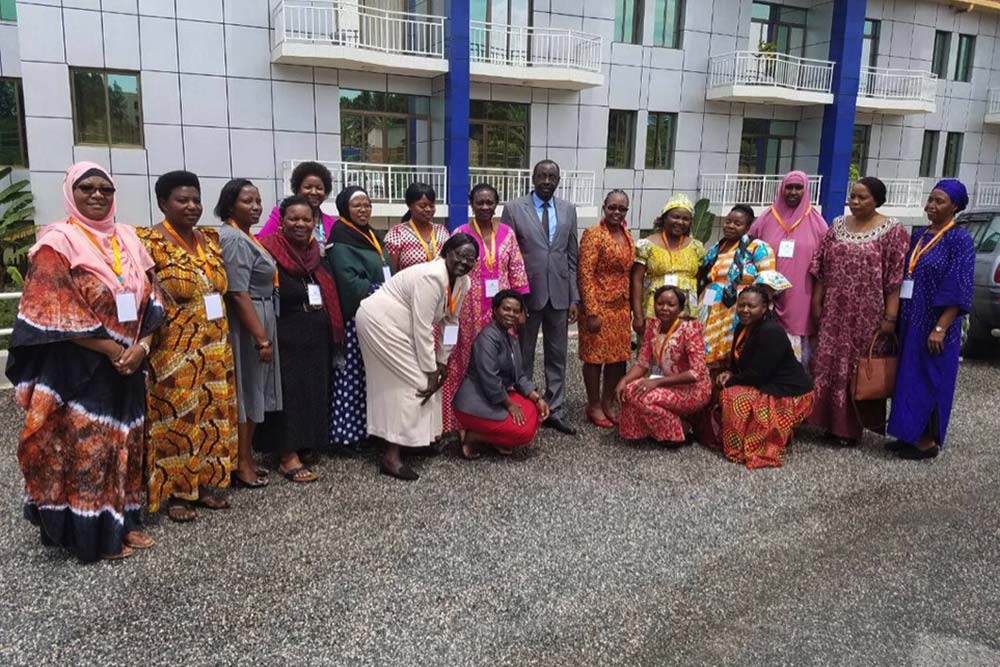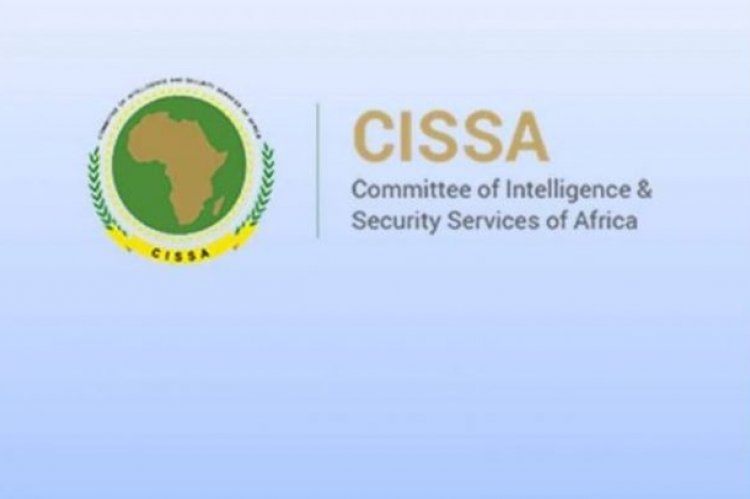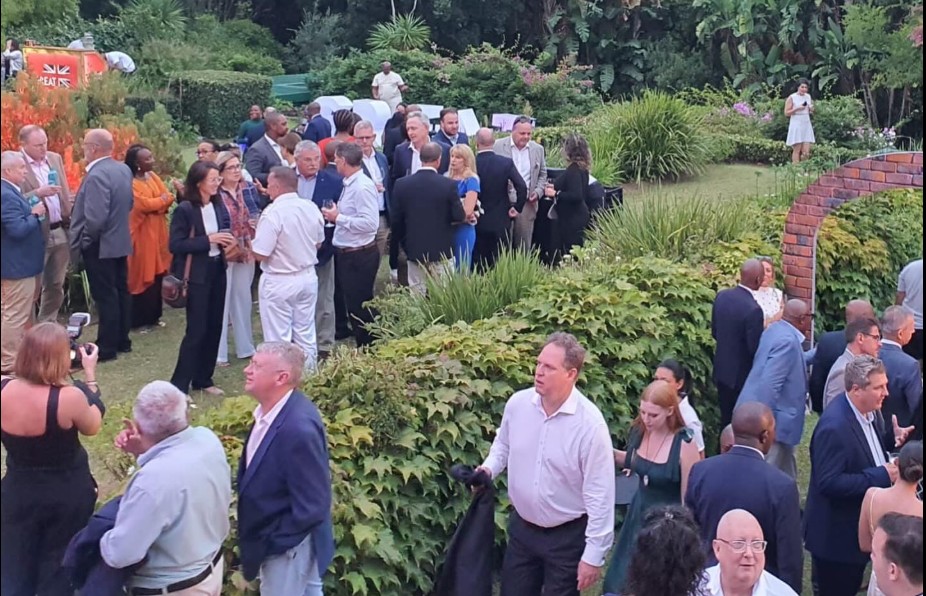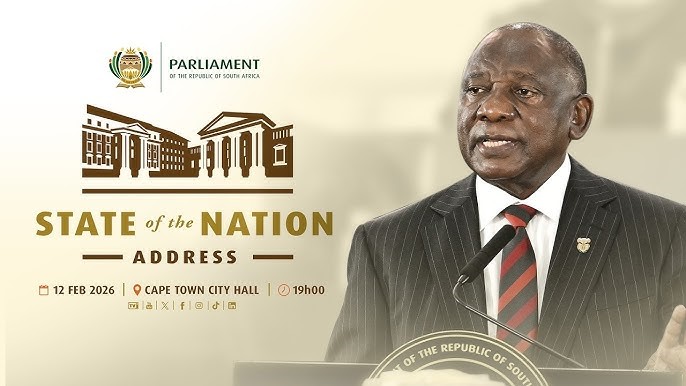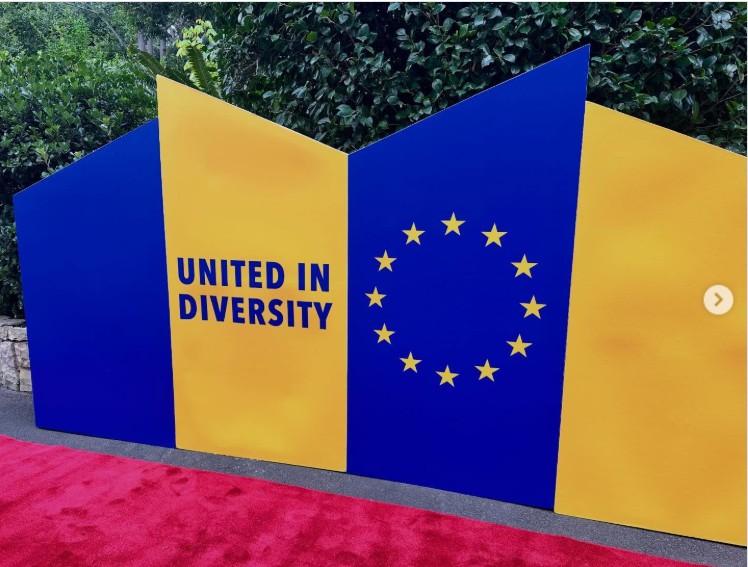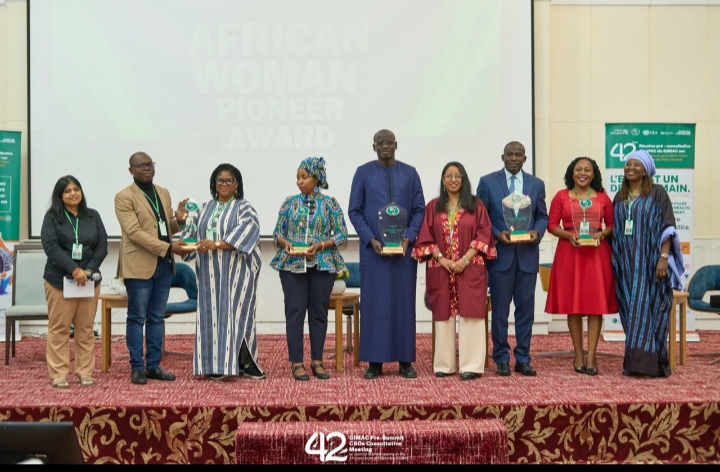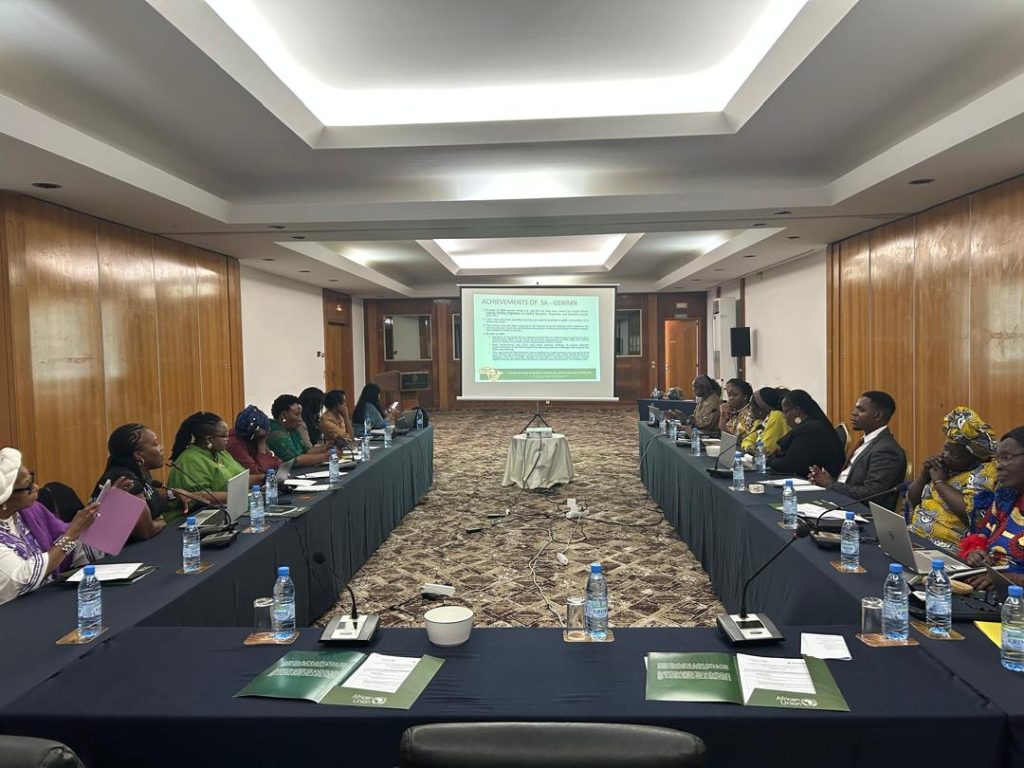ACCORD participated in the first meeting of the Steering Committee of the Network of African Women in Conflict Prevention and Peace Mediation (FemWise-Africa)
On 13 March 2017, the AU Peace and Security Council (PSC) endorsed the modalities for FemWise-Africa. FemWise-Africa was officially established through a decision of the African Union (AU) Assembly of Heads of State (AU Summit) on 4 July 2017. The Network is located within the African Peace and Security Architecture (APSA), as a subsidiary mechanism of the Panel of the Wise and the Pan-African Network of the Wise (PANWISE). Its location within the APSA places it in a strategic position for policy formulation and advocacy for narrowing the gap between the commitments for women’s inclusion and the implementation.
As a member of the Steering Committee of FemWise-Africa, ACCORD participated in the Network’s first Steering Committee meeting which was hosted by the AU in Addis Ababa, Ethiopia from 5-6 October 2017. ACCORD was represented by Mrs. Pravina Makan-Lakha, General Manager – Business Development and Miss. Irene Limo, Coordinator – Peacemaking Unit.
The meeting brought together stakeholders and experts working on strengthening the role of women in conflict prevention and conflict resolution in Africa. The meeting also brought together women who are part of the AU Panel of the Wise, AU Friends of the Panel of the Wise, the PANWISE and representatives from the Regional Economic Communities/Regional Mechanisms (RECs/RMs). The discussions during the meeting were led by the FemWise-Africa Co-Chairs, Her Excellency Catherine Samba Panza, former President of the Central African Republic and Dr. Speciosa Wandira, the First African Woman Vice-President (Uganda). Dr. Speciosa Wandira is also a member of the AU Panel of the Wise.
The meeting emphasized that women count for peace. Not only is it their fundamental right to be included in peace efforts, but it is also well established that women’s participation importantly increases the sustainability of the peace settlements/agreements reached. There is a clear correlation between the participation of women in peace processes and the likelihood of reaching and implementing long-term peace agreements, with a 35% increase in the probability of a peace agreement lasting at least 15 years when women are included in the peace process. Despite this, the role of women in peacemaking and the gender dimensions of conflict remain marginal in conflict resolution and post-conflict reconstruction processes.
To bridge the gender gap in peace processes and to leverage on the momentum already realised in strengthening the role of women in peace processes, the meeting discussed and proposed interventions to be undertaken by the Network in the short-term, mid-term and long term. The discussions included reflections on the annual work plans and activities of the Network, mapping the deployments of the Network, capacity building, the process for membership accreditation, partnerships and strategies for sustainability.
ACCORD continues to build mediation capacities of women at local, national, regional and continental level as well as enhancing the gender expertise of the mediators, with the aim of strengthening inclusivity and sustainability of peace processes.

